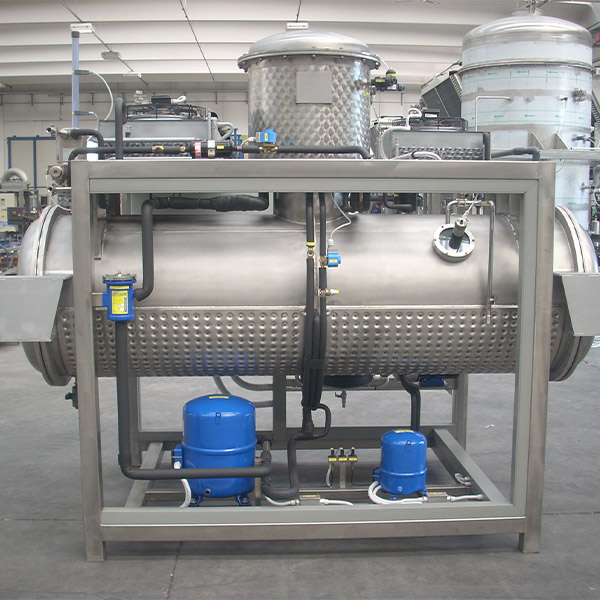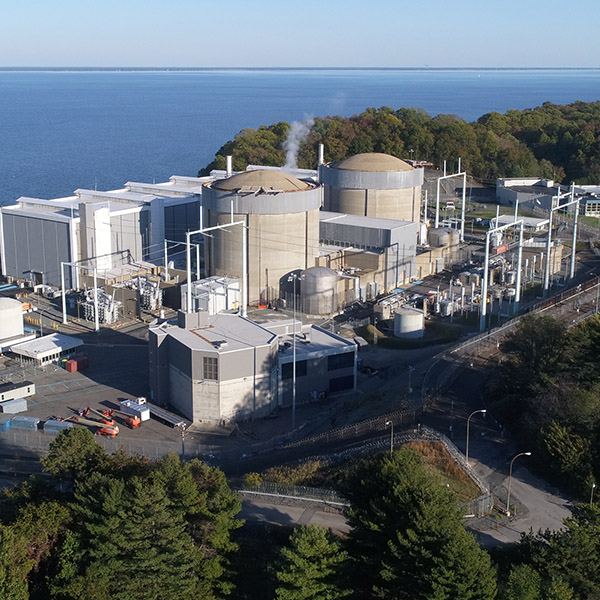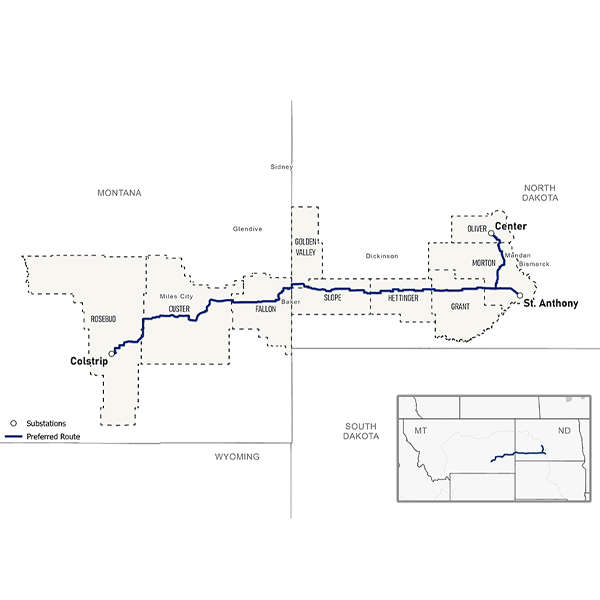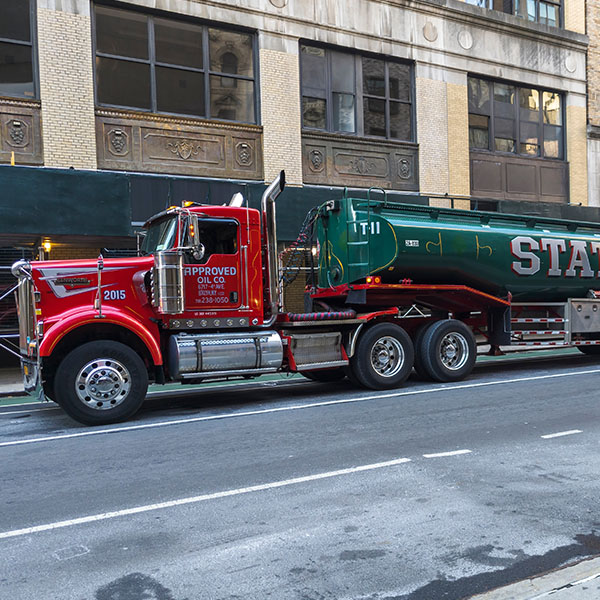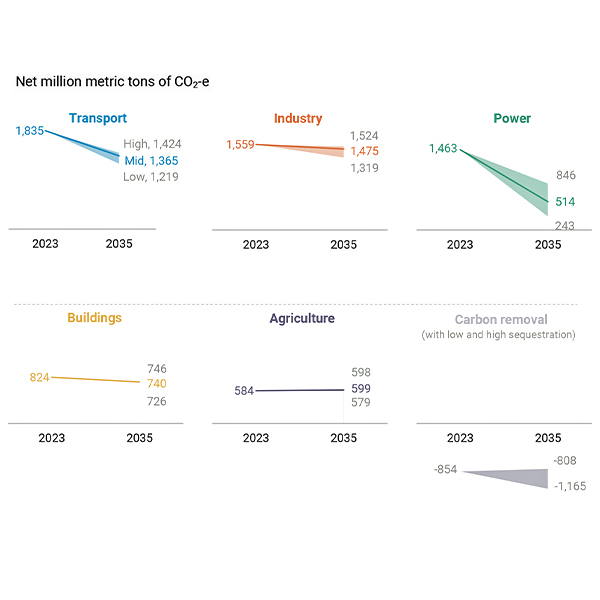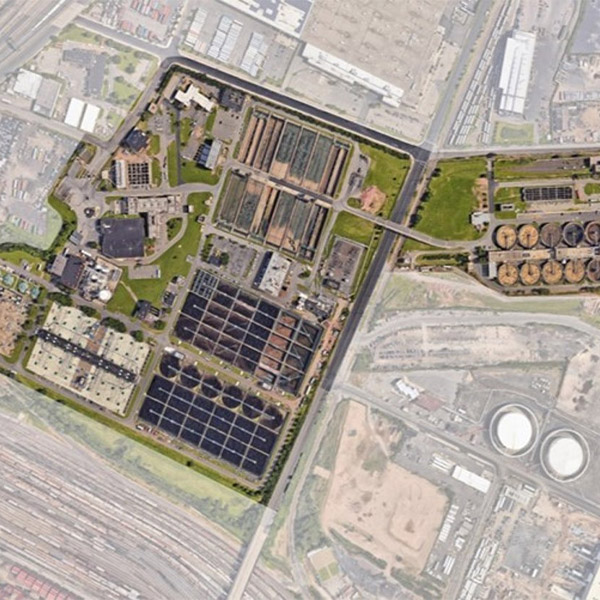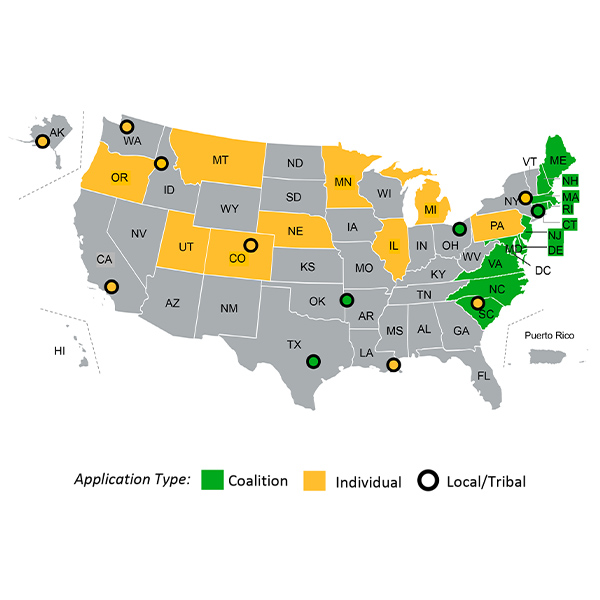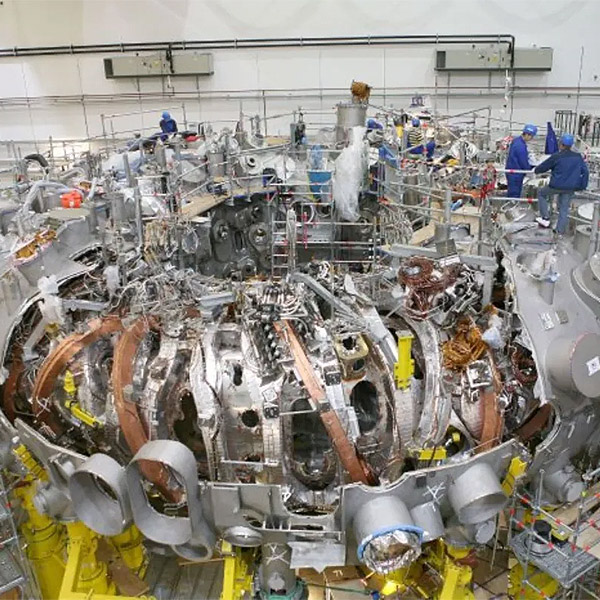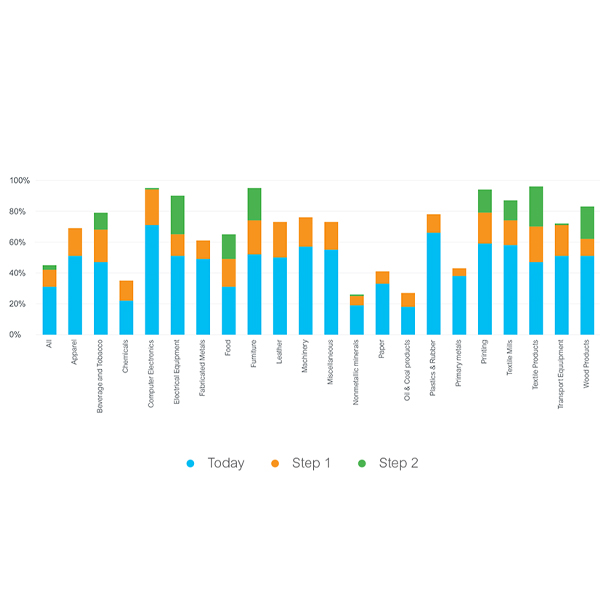Industrial Decarbonization
The California Energy Commission is exploring the use of heat pump technologies to accelerate decarbonization of the sector, which accounts for 2.5% of the state's energy consumption and 1.4% of greenhouse gas emissions.
Constellation Energy turned in another solid quarterly report Aug. 6, boosting its earnings guidance for the year and offering a rosy picture for the future of its nuclear power fleet.
DOE announced its second round of grants for the GRIP program, with $2.2 billion going to eight projects that could expand grid capacity, reliability and flexibility across 18 states.
Dueling visions for New York’s proposed cap-and-invest system are being offered as state officials continue the lengthy process of codifying its details.
The Rhodium Group’s annual update of its "Taking Stock" report finds that U.S. GHG emissions were 18% lower in 2023 than in 2005 and estimates they will be 32 to 43% lower in 2030.
The debate over the plant underscores the difficulties of New Jersey’s efforts to aggressively cut emissions while ensuring the state has access to enough electricity.
Pennsylvania will use its $396.1 million Climate Pollution Reduction Grant on a statewide initiative to cut greenhouse gas emissions from industrial buildings through incentives for energy efficiency and emission-reduction technologies.
About 45 companies worldwide are in the race to develop commercially viable nuclear fusion technology and almost half of them expect to deliver power to the grid somewhere between 2031 and 2035.
A new report from Schneider Electric says the U.S. could ramp up the electrification of heavy industry by 50% by focusing on easy-to-abate, individual processes.
Artificial intelligence may be driving new energy demand from hyperscale data centers, but it could also help find new solutions to meet that demand.
Want more? Advanced Search
